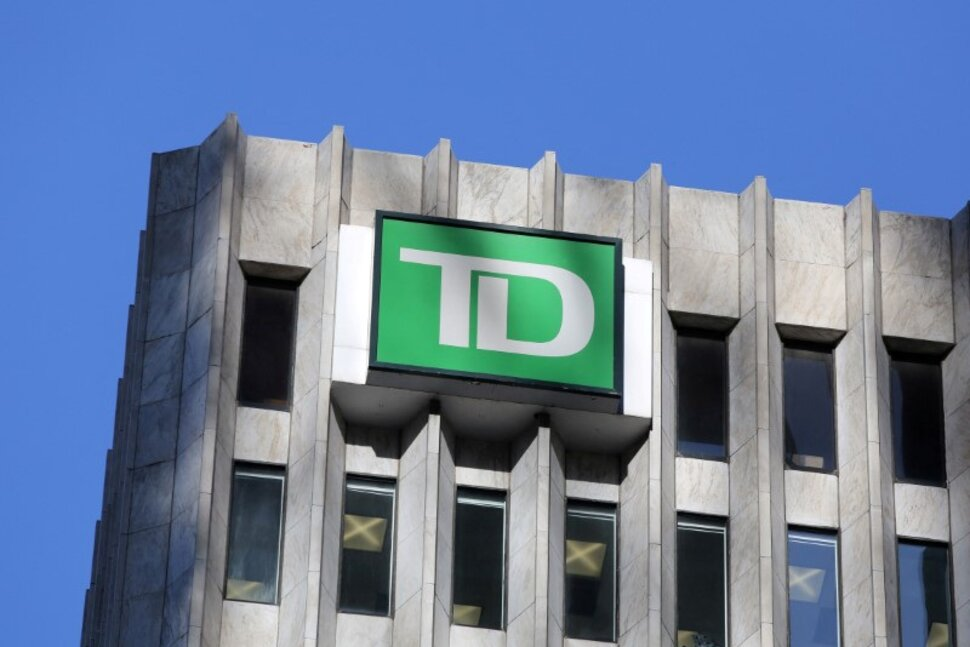According to a report by the Wall Street Journal, the U.S. Department of Justice (DoJ) investigation centers around how Chinese drug traffickers exploited TD Bank to launder illicit fentanyl profits. Here are the key points:
Laundering Scheme: Chinese drug traffickers allegedly used TD Bank to launder at least $653 million US. They cleverly funneled their ill-gotten gains through the bank, exploiting its financial system.
Bribes and Complicity: Shockingly, TD employees were allegedly bribed to facilitate this money laundering operation. The bank’s anti-money laundering defenses were deemed deficient, allowing criminals to exploit its weaknesses.
While TD Bank did not directly comment on the report, spokesperson Elizabeth Goldenshtein acknowledged the shortcomings in their anti-money laundering program. She stated, “Criminals constantly seek to use banks to launder money. Regrettably, our U.S. (anti-money laundering) program did not effectively thwart these activities. This is unacceptable, and we must and we will do better.”
National Bank of Canada analyst Gabriel Dechaine believes that TD Bank could face severe penalties beyond initial expectations. Here’s what’s at stake:
Fines: The cumulative fines could easily reach $2 billion. Investors had initially anticipated fines in the range of $500 million to $1 billion, but the severity of the allegations necessitates a reassessment.
Regulator-Imposed Limitations: Regulators may impose restrictions on TD Bank’s business activities. These limitations could affect the bank’s operations for years, impacting its future earnings potential by over $1 billion.
This revelation comes on the heels of TD Bank’s announcement that it had provisioned $450 million US in connection with the ongoing U.S. regulatory inquiry into its anti-money laundering compliance program. Additionally, Canada’s financial-crime watchdog, Fintrac, levied a $9.2-million penalty against the bank for non-compliance with money laundering and terrorist financing measures.
In summary, TD Bank’s involvement in the global drug war has serious consequences. As investigations continue, the bank faces a reckoning for its alleged role in facilitating money laundering. The scandal serves as a stark reminder that financial institutions must remain vigilant in their fight against illicit activities.




Comments
Post a Comment